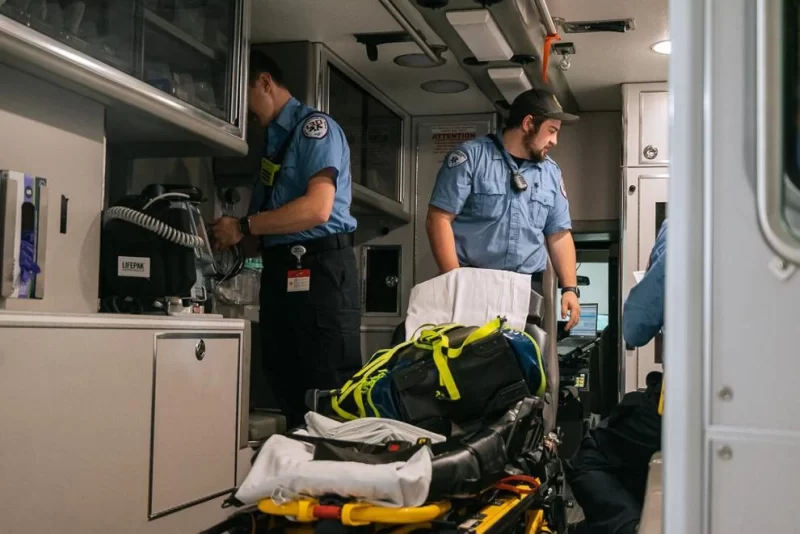By Anthony Hennen | The Center Square
(The Center Square) — Congressional leaders singled out workforce shortages and low reimbursement rates as the reason why rural health care access is in decline nationally.
“We are not going to let rural health care in these communities become sacrifice zones,” Sen. Ron Wyden, R-Oregon, said during a U.S. Senate Finance Committee hearing on Thursday.
Wyden spoke of the potential for more federal taxpayer money to bolster hospitals, but some strings will be attached.
“We’ve gotta zero in: we want to help rural communities with their conditions on the ground,” he said. “I’m prepared to help in those kinds of issues as long as the big guys don’t take the money and run.”
Rural hospitals have been merging, closing, or cutting services. Wyden noted that 1 in 4 rural hospitals stopped providing obstetrics services from 2011-2021. Since 2010, 170 rural hospitals have closed and half of existing ones operate in the red, noted Michael Topchik, executive director of the Chardis Center for Rural Health.
“Access is such an important word in this hearing today,” Topchik said. When a hospital shutters, he noted it could mean another 30-60 minutes of travel for rural patients.
“As tough as that sounds, our research indicates the future might be tougher still,” he said. “This is a national threat that will send shockwaves through communities if it’s not checked.”
In Pennsylvania, 33 hospitals have closed in the last 20 years, with 15 closures in the last five. Like other states, experts have pointed to getting more doctors and nurses into rural areas.
“Our workforce investments have been promising,” said Jeremy Davis,CEO of Grande Ronde Hospital in Oregon.“Any federal support that provides incentives and support for these types of programs should be a priority.”
Federal support has been a long-standing issue. Rural health providers rely on Medicaid reimbursements more than other areas, which have lower rates than Medicare reimbursements or private payments.
“As rural hospitals’ expenses have continued to climb, especially recently with the inflationary pressures, staffing challenges have continued to grow, new technologies are required to do business — all of this is very expensive and reimbursements have not kept up,” Topchik said.
Though the future may be bleak, rural health care could find some benefits in new innovations.
“Anything we can do to extend the waivers and flexibilities around telehealth would be a godsend,” Davis said.
